The Shocking Environmental Impact of Denim Jeans & How to Make Sustainable Choices
- Omi Live

- Aug 12
- 3 min read
Introduction

Denim jeans are a wardrobe staple — versatile, durable, and timeless. But behind the stylish seams lies a hidden environmental cost that many of us overlook. From cotton farming to manufacturing, shipping, and disposal, traditional denim jeans have a massive environmental footprint.
In this blog, we’ll explore the environmental impact of denim jeans, reveal surprising facts you might not know, and provide practical tips on choosing eco-friendly jeans that are kinder to the planet.
Table of Contents
1. What Makes Denim Jeans Harmful to the Environment?
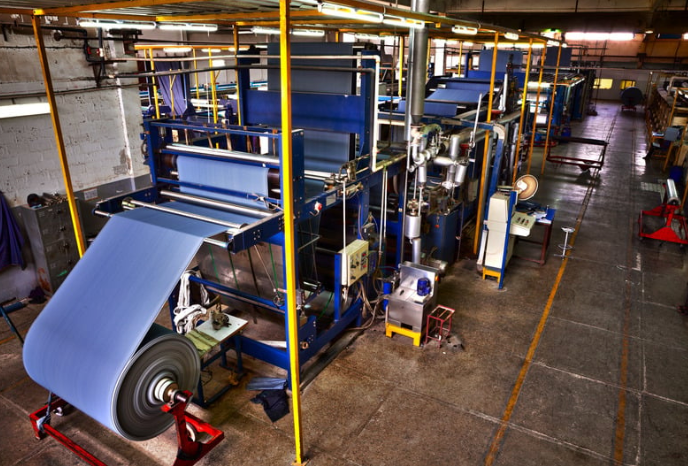
Denim jeans may seem harmless, but their production process is resource-intensive and pollution-heavy. On average:
Over 7,000 litres of water are needed to make just one pair.
Cotton farming accounts for 16% of global pesticide use.
The CO₂ emissions from making a single pair can equal driving 100+ kilometres.
This impact spans every stage of the supply chain, from farm to landfill.
2. The Hidden Costs of Traditional Cotton Farming

The first step in making jeans is growing cotton, and traditional cotton farming is notorious for:
Extreme water consumption: Cotton is a “thirsty” crop, draining rivers and depleting groundwater.
Heavy pesticide use: Harms soil health, biodiversity, and farmworker health.
Soil degradation: Continuous cotton farming exhausts soil nutrients, making land less fertile over time.
3. The Carbon Footprint of Manufacturing & Shipping Jeans
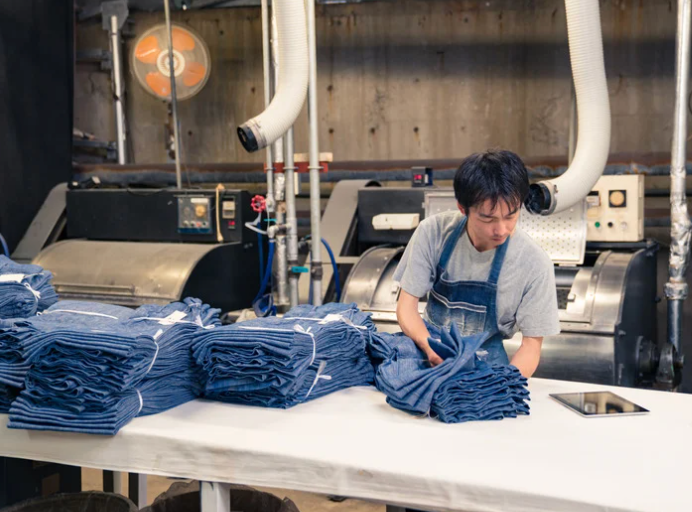
Once harvested, cotton is spun into yarn, dyed (often with chemical-heavy synthetic dyes), and cut into jeans.
Chemical dyes can pollute water systems.
Energy-intensive manufacturing contributes to greenhouse gas emissions.
Jeans are typically shipped internationally in plastic packaging, adding to CO₂ and plastic waste.
4. What Happens to Your Jeans After You Throw Them Away?
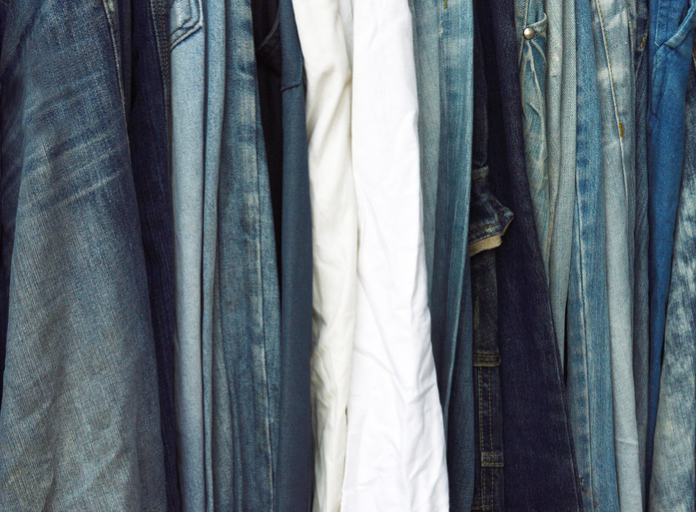
Most old jeans don’t get recycled — they end up in landfills or incinerators.
Landfills: Cotton can take years to decompose, releasing methane gas.
Incineration: Burns release toxic chemicals into the air.
5. How to Choose Sustainable Denim Jeans
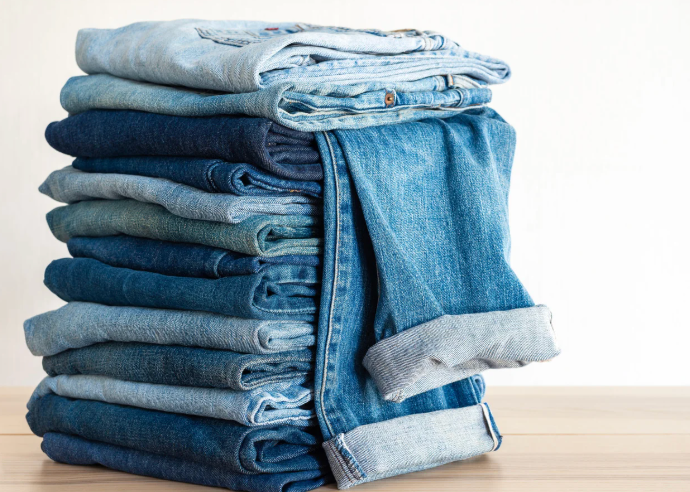
If you want to reduce your fashion footprint, here’s what to look for:
Organic cotton: Grown without synthetic pesticides and uses less water.
Natural dyes: Avoids chemical pollution.
Durability: Buy jeans that last longer, reducing consumption.
Repair services: Extend the life of your jeans.
Recycling programs: Give old jeans a second life.
6. Brand Spotlight: Nudie Jeans and Their Sustainable Practices
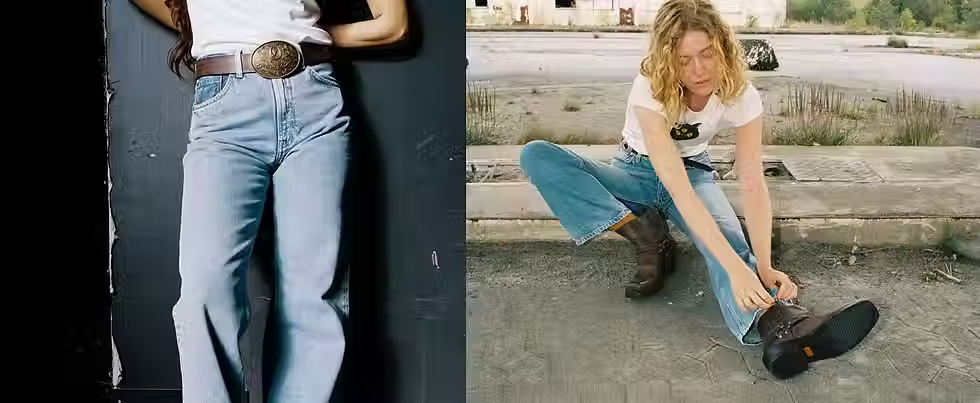
Nudie Jeans is a leading example of an eco-friendly jeans brand:
100% Organic Cotton: No harmful pesticides, less water usage.
Free Repairs for Life: Encourages customers to keep jeans for years.
Recycling Program: Old jeans are turned into new fabrics or products.
7. Key Takeaways on Sustainable Denim Choices
Traditional denim production is water-heavy, pesticide-reliant, and carbon-intensive.
The biggest environmental damage happens during cotton farming and disposal stages.
Choosing jeans made from organic cotton and supporting brands with repair and recycling programs can significantly reduce impact.
8. Final Thoughts: Fashion That Doesn’t Cost the Earth
Your denim jeans don’t have to come at the expense of the planet. By making conscious fashion choices and supporting sustainable denim brands, you can enjoy style and comfort while helping protect our environment.
At OMI LIVE, we believe in sharing small but powerful truths that help people live more sustainably — from the clothes we wear to the products we use daily. Our goal isn’t just to promote brands, but to equip you with knowledgethat inspires smarter, more responsible choices.
The next time you shop, ask yourself: Do these jeans love the planet as much as I do? Every purchase is a chance to express your values.



コメント